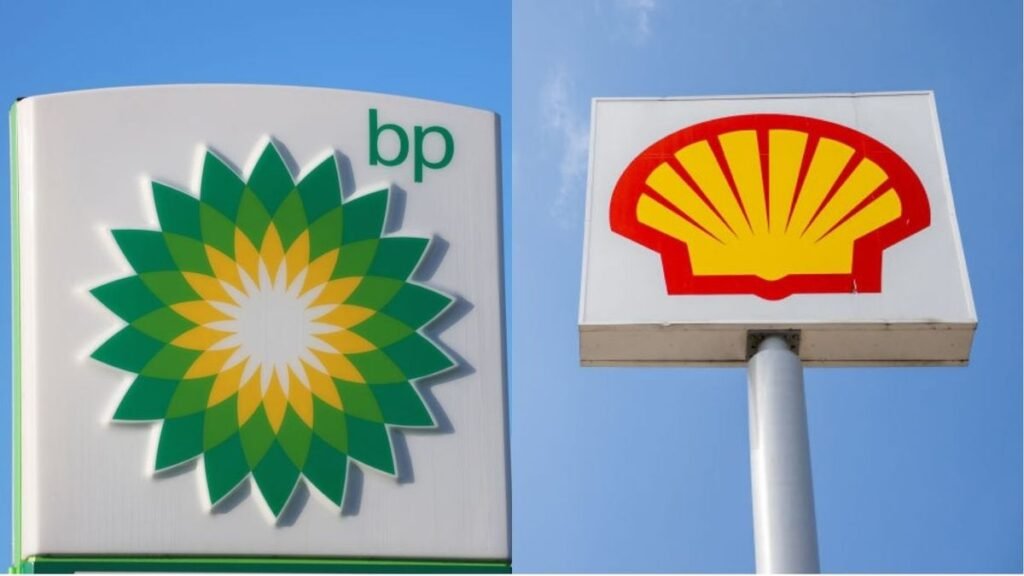Investment bankers are keen to engineer a merger between BP and Shell to create a “national champion [to] compete with international rivals such as France’s TotalEnergies and US giants Exxon Mobil and Chevron”, says Mark Shapland in The Mail. The combined entity would be a “behemoth” with 180,000 employees; it would have enough scale to keep costs low. What’s more, Shell, which has “gone from strength to strength” under Wael Sawan, could help turn around BP, whose CEO Murray Auchincloss is now in the “last-chance saloon” after a string of poor results.
Merging BP and Shell isn’t a completely mad idea, says Yawen Chen in Breakingviews. Even modest savings from eliminating duplication could add $33 billion to the value of the combined group. But there are some big “drawbacks”. The size and age of both firms mean that there would inevitably be “a big culture clash and disquiet over job losses”. Moreover, competition authorities would require disposals “in sectors such as retail sites, aviation supply and lubricants”, while BP’s board would demand a high premium on behalf of their shareholders. The upshot? The idea is little more than a “fantasy”.
Should BP and Shell merge?
The fact that BP has slid into “takeover territory” shows how badly things have gone, says Oliver Shah in The Sunday Times. The “wide-eyed promise” made in 2020 by Bernard Looney, Auchincloss’s predecessor as CEO, to cut BP’s oil and gas production by 40% and build 50 gigawatts of renewables by 2030 hit profitability and scared off investors. While Auchincloss has recently tried to move away from Looney’s “unwise” strategy, he has still been “too slow to drop BP’s oil and gas reduction target”. So he is now facing a campaign from activist investor Elliott Management, which has taken a 5% stake.
Sign up to Money Morning
Don’t miss the latest investment and personal finances news, market analysis, plus money-saving tips with our free twice-daily newsletter
Don’t miss the latest investment and personal finances news, market analysis, plus money-saving tips with our free twice-daily newsletter
Despite the fact that Auchinloss has “rowed back on… Looney’s premature embrace of renewables”, he is still spending “billions of pounds on green projects”, says Ben Marlow in The Daily Telegraph. Similarly, while BP has dropped a target to cut oil and gas production by 2030, the fact that output is still on course to be flat is “hardly what you could call an emphatic return to what it undoubtedly does best”. With the high level of BP’s debt ruling out placating investors “by showering them with dividends and buybacks”, everything is “now on the table”, including asset sales and even a forced breakup.
Elliott’s strategy of selling the renewables divisions and refocusing on oil and gas certainly “offers a credible way of getting BP’s share price up”, says Bloomberg’s Chris Hughes. However, it could take more than a “back-to-basics” approach to secure the oil giant’s long-term future. For too long BP, like much of the FTSE, has prioritised returning cash to shareholders via buybacks and dividends over long-term investment. This has led to high levels of debt while “constraining its investment flexibility and its capacity to absorb shocks”.
This article was first published in MoneyWeek’s magazine. Enjoy exclusive early access to news, opinion and analysis from our team of financial experts with a MoneyWeek subscription.

